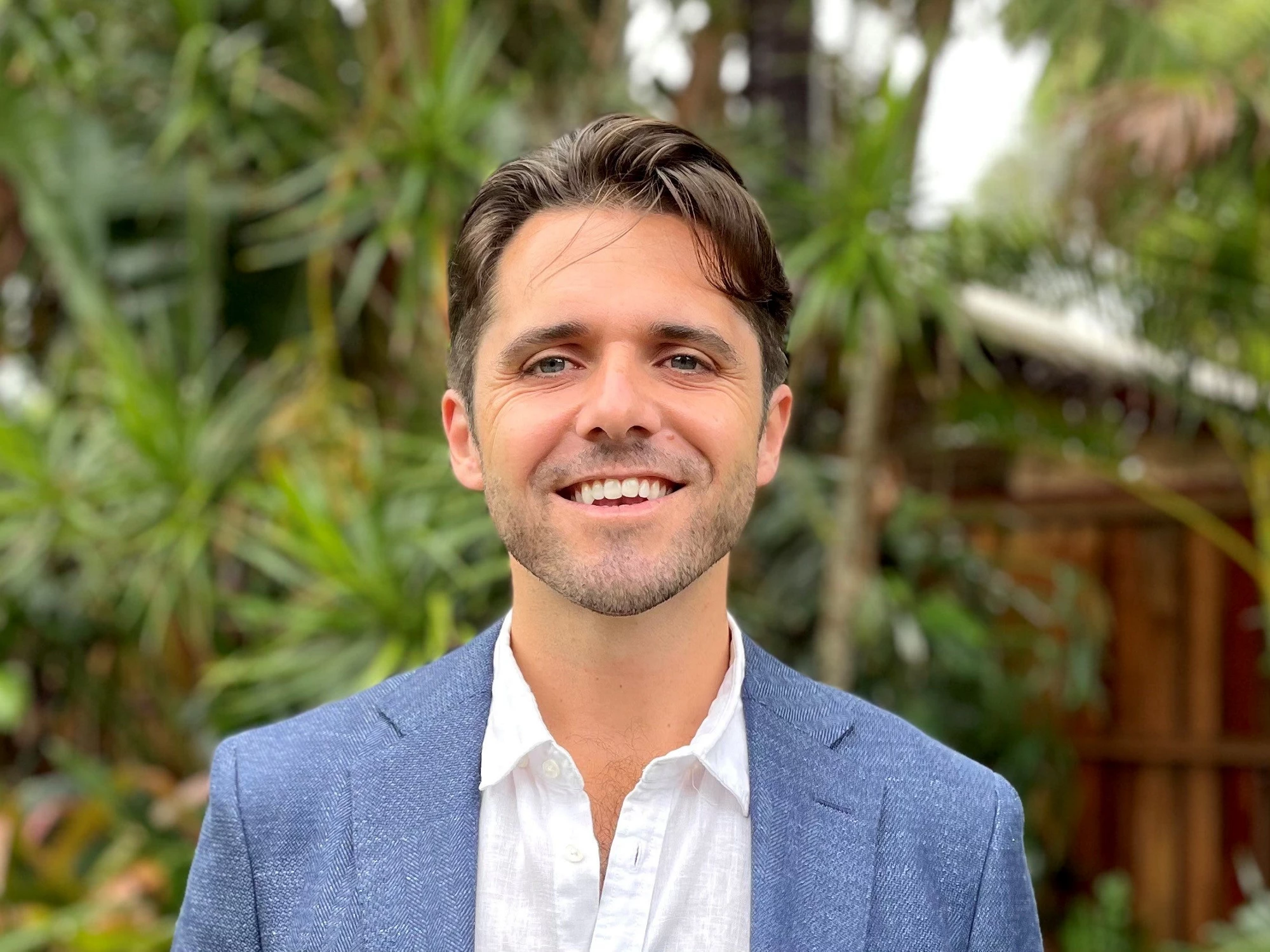 |
| "The only way to really speak to someone is to go over to where they are", Primo told me about the state of telecommunications in the country. |
There seems to be a real love of discussion around Honiara, the capital of the Solomon Islands. In nearly every patch of shade around the capital people can be found escaping the heat and talking, or ‘storying’, to pass the time.
Topics change quickly and, as many people carry a well thumbed local paper, there is often a focus on current events and political issues. However, one topic that seems to be something of a perennial favorite and has been coming up a lot recently is telecommunications.
With around 85 per cent of the population living in rural areas (many of which are extremely remote) and the country stretching over nearly 1,000 islands, communication between families and friends in different parts of the country is a constant challenge, especially considering the lack of coverage and prohibitive price of telecommunications.
Last August, the Solomon Islands Government, with technical assistance from the World Bank, negotiated an early end to what would have been a 15 year monopoly agreement with the national provider, Our Telekom. Parliament has also approved a new telecommunications bill that will, among other things, establish the country’s first telecom regulator, the Telecommunications Commission.
Not surprisingly, when I left the office a few days ago to ask what people thought about the reforms it didn’t take long to find many who were more than happy to launch into a conversation on the topic.
Primo, a Honiara resident who is originally from Mbarande in eastern Guadalcanal, summarized his view of the monopoly very succinctly: “there are too many problems and it is just too expensive,” he said. There also seems to be little debate over the cause of these problems with a lack of competition being widely identified as the source of the issues. “We need new companies so they can compete.” Primo said.
One of the major sources of frustration in regards to telecoms in Solomon Islands has been the unreliability of services to the provinces. To get in touch with family members in eastern Guadalcanal, Primo has to use high frequency radio to pass on any message. “You can’t even get phone reception past Visale (outside of Honiara), so how could you get it in my village?” Primo said. “The only way to really speak to someone is to go over to where they are, and that is very expensive.”
 |
| To pass messages to his family, George needs to call a public phone in the Malaitan city of Auki and ask someone to go to the village to deliver the message. |
When I met George, from West Kwaio in the province of Malaita, he had just given up attempting to reach his family from a city payphone. George finds the service unreliable and the prices nearly impossible. To pass messages to his family, George needs to call a public phone in the Malaitan city of Auki and ask someone to go to the village to deliver the message. “There is no other way” said George “because network coverage is very bad out there and mobile phones are too expensive for me or anyone in the village.”
I was speaking to George outside Honiara’s post office, sitting in the shade of a tree, hiding from the fiercely hot day. People around him were casually chiming in with agreements about the exorbitant prices and mixed services. Most agree with Primo that with competition prices will be driven down and the quality of service will increase.
The implementation of competition in Solomon Islands, which is set to begin in April, next year, is the latest success of a Pacific wide program by the World Bank and AusAID. The program aims to assist in the development of telecommunications industries throughout the pacific region to improve access and affordability and introduce sound regulation.
Similar assistance has been provided to Fiji, Samoa, Vanuatu and Timor-Leste in regards to providing advice on telecommunications policies and regulatory institutions. Papua New Guinea has also received analytical work regarding rural access options.
This program has made significant progress throughout the region and Solomon Islands is seeing some positive signs already, with a lowering of mobile rates by fifty percent in July.
The World Bank continues to offer medium term regulatory technical assistance and rural access programs in Fiji, Solomon Islands, Timor-Leste and Vanuatu. Furthermore, there are currently discussions concerning a proposed Pacific Regional Connectivity Project throughout the Pacific and a regional regulatory resource center.
Speaking to people first hand about these issues gave me an appreciation of the importance of these reforms. But, better yet, it gave me the impression that it is only a matter of time before the difficulties of contacting family will be overtaken as a daily topic of conversation in Solomon Islands by up to date information from home.


Join the Conversation